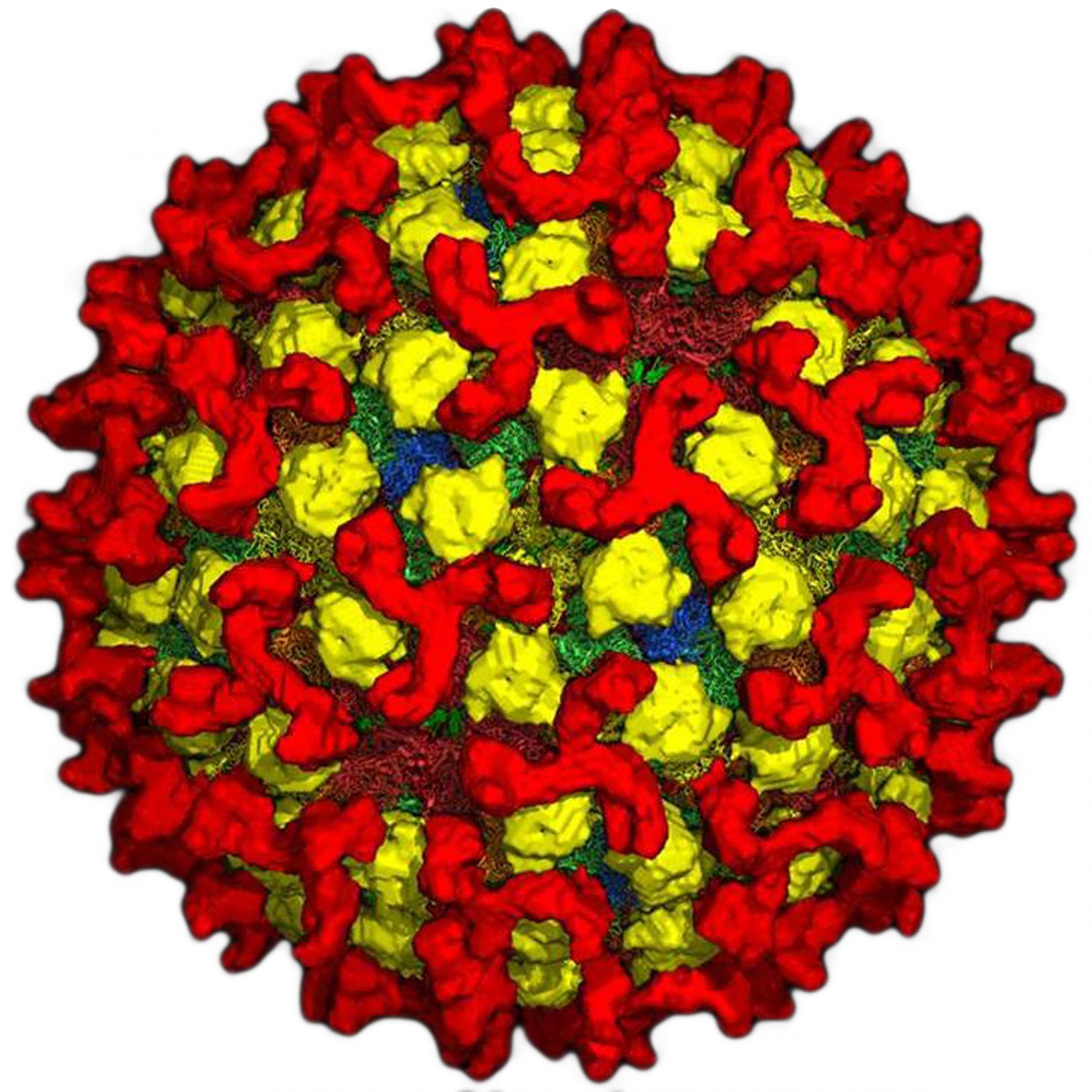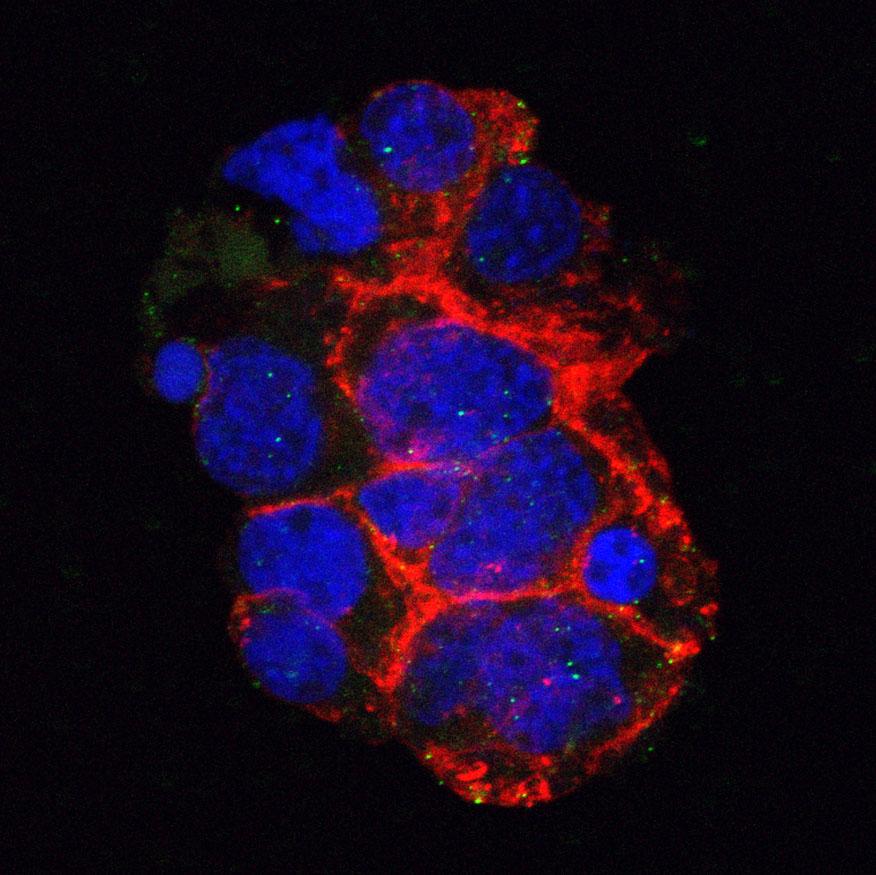A novel strain of lumpy skin disease virus causes clinical disease in cattle in Hong Kong
Lumpy skin disease virus (LSDV) is an emerging poxviral pathogen of cattle that is currently spreading throughout Asia. The disease situation is of high importance for farmers and policy makers in Asia. In October 2020, feral cattle in Hong Kong developed multi-focal cutaneous nodules consistent with lumpy skin disease (LSD). Gross and histological pathology further supported the diagnosis and samples were sent to the OIE Reference Laboratory at The Pirbright Institute for confirmatory testing. LSDV was detected using quantitative polymerase chain reaction (qPCR) and additional molecular analyses. This is the first report of LSD in Hong Kong. Whole genome sequencing (WGS) of the strain LSDV/Hong Kong/2020 and phylogenetic analysis were carried out in order to identify connections to previous outbreaks of LSD, and better understand the drivers of LSDV emergence. Analysis of the 90 core poxvirus genes revealed LSDV/Hong Kong/2020 was a novel strain most closely related to the live-attenuated Neethling vaccine strains of LSDV and more distantly related to wildtype LSDV isolates from Africa, the Middle East and Europe. Analysis of the more variable regions located towards the termini of the poxvirus genome revealed genes in LSDV/Hong Kong/2020 with different patterns of grouping when compared to previously published wildtype and vaccine strains of LSDV. This work reveals that the LSD outbreak in Hong Kong in 2020 was caused by a different strain of LSDV than the LSD epidemic in the Middle East and Europe in 2015–2018. The use of WGS is highly recommended when investigating LSDV disease outbreaks.

